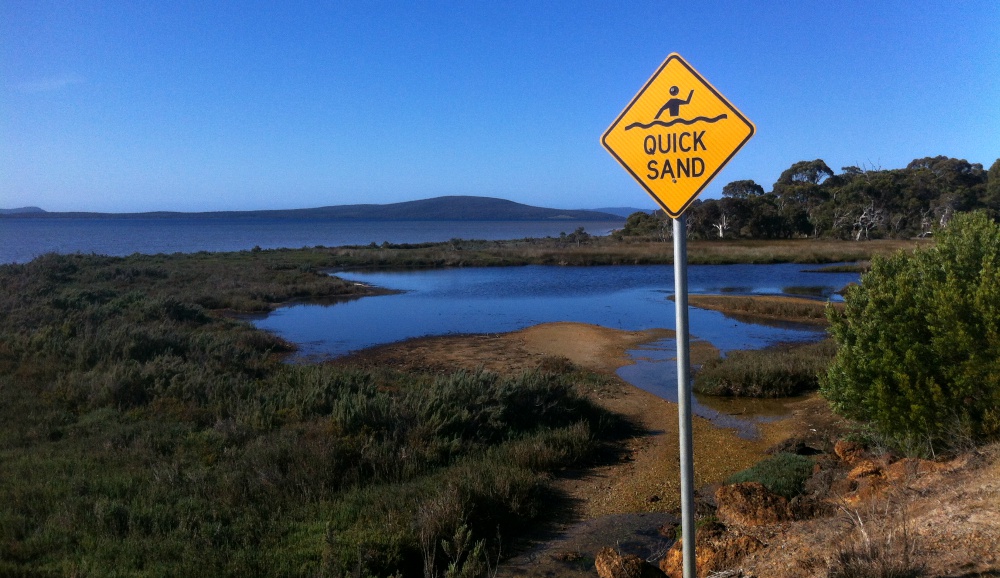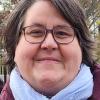
(Wikimedia Commons/Hughesdarren)
A long time ago — really just last Thanksgiving but given that it was pre-coronavirus it seems much longer ago — I was at my sister's house, cuddled on the couch with my nephew and niece, watching the children's movie "Dora and the Lost City of Gold." Who knew how rare that type of experience would become just a few months later: two cousins and an aunt sitting on the couch, not social distancing, members of three different households in blessed close proximity?
In the months since, I've often thought back to that night. Yes, it was my last big family holiday celebrated in person rather than on Zoom. Yes, it was wonderful to be able to hug my niece and nephew. No, the film wasn't a masterpiece or even particularly good in a cinematic sense. Nevertheless, the surprising reason I keep thinking back to that night is a lesson I learned from Dora.
You see, in the film, teenage Dora and her friends are exploring the jungle as they look for her parents who have gone missing and, as the title suggests, search for the lost city of gold. One minute they are a rag tag bunch moving along on their journey, essentially now also lost themselves, but still hopeful. They have purpose and direction, even if not an exact road map. The next minute, however, they are stuck in quicksand, trapped, and afraid that they might not go anywhere ever again.
Quicksand.
It's an image that itself has been stuck in my mind and heart in recent months. During this election season, our national discourse keeps getting stuck in traps of division, discord and cognitive dissonance. The dual pandemics of the coronavirus and systemic racism have exposed deep and pervasive inequities that are obstacles to true beloved community and equality. We have been called to navigate the way forward through chaos and upheaval. In a way, we're all like Dora and her companions, lost in the jungle, the path forward unclear and filled with obstacles.
Those of us living vowed religious life in the 21st century are no exception. We have the gift and challenge of community. Our charisms fill us with purpose and direction. Yet even we do not have a roadmap to the future during this time of change. We too hit obstacles on our way — past hurts, grief, loss of ministries and identity, a perceived lack of critical mass to make a difference. Neither are we immune to the generalized anxiety that permeates our society.
In her keynote address to the 2016 assembly of the Leadership Conference of Women Religious, Meg Wheatley offered a kernel of wisdom that I've been praying with these days. She described an interchange she had with Buddhist teacher Pema Chodron: "I was talking to her about my despair for the state of the world, and she said very quietly, 'You know, Meg, it's going to get a lot worse.' I found that to be the most cheerful statement she's ever given me, because I know it's true."
Wheatley exhorted the hundreds of elected leaders gathered together in that ballroom — another pre-COVID experience that seems so strange now — to acknowledge this reality and "use this opportunity to strengthen our inner capacity so that we can stay present for people as the suffering increases." Prophetic if you look back at the last four years.
Which leads me back to Dora. When she and her fellow explorers find themselves suddenly caught in quicksand, the majority understandably move from anxiety to sheer panic, rather quickly. But not Dora. No, the ever-resilient Dora remains calm and draws on her inner capacity to be present and guide her companions through the terrifying moment.
Advertisement
"Rule number one of quicksand," she tells her friends as they flail about, "don't panic. You'll only get sucked in further." Realizing that they don't believe her, she calmly models the way through. "Lie down flat on your back. You have to distribute your weight."
Even as her companions resist, saying, "No, no, no" and "This feels super wrong," she persists.
"Now make little movements with your legs to make space for the water to get between you and the sand. And once your legs are free, we backstroke out of the quicksand."
One by one, her companions follow her advice. Well, all except one who (spoiler alert) it later turns out is the bad guy.
Don't panic. Sounds an awful lot like some other sage advice — Be not afraid.
Not only did Dora teach me the very helpful steps to survive literal quicksand — and I have verified her advice with a Google search — more importantly, she models peace in anxious and chaotic times. Although Wheatley didn't use the image of quicksand in her talk, her point was essentially the same, "and that is that we need to be the presence of peace wherever we are, wherever we are. In the midst of terrifying circumstances, we need to be the presence of peace."
Wheatley's how-to steps are to build our inner capacity to be a peaceful presence through prayer and contemplation. "How not to get angry, or respond from anger. How not to feel overwhelmed by fear, even though we're in a fearful situation."
The natural tendency, like with Dora's friends, is to react. "Reactivity is at an all-time high," said Wheatley, "doing something to get past the discomfort."
The response that is called for is not reaction, but presence to the moment, in all its oddities, ragged edges and discomfort.
"We are not going to solve the overwhelming, terrifying problems of this time," according to Wheatley. Perhaps. But how can I/we build our inner capacity to guide us as we journey through these fractured times? One thing that I know is that we will continue to find ourselves in those quicksand moments, alone and together.
Four years ago, I wasn't quite ready to hear what Wheatley was saying. Now, I can nod my head and agree with her: "That is not a depressing statement for me any longer."
The lesson I am slowly learning is to do my own inner work, and join with others in the collective work of building our capacity to be present in the suffering and stay open to the mystery of God through it all. That way, maybe, just maybe, we won't get stuck in the mud.
[Susan Rose Francois is a member of the Congregation Leadership Team for the Sisters of St. Joseph of Peace. She was a Bernardin scholar at Catholic Theological Union and has ministered as a justice educator and advocate. Read more of her work on her blog, At the Corner of Susan and St. Joseph.]





